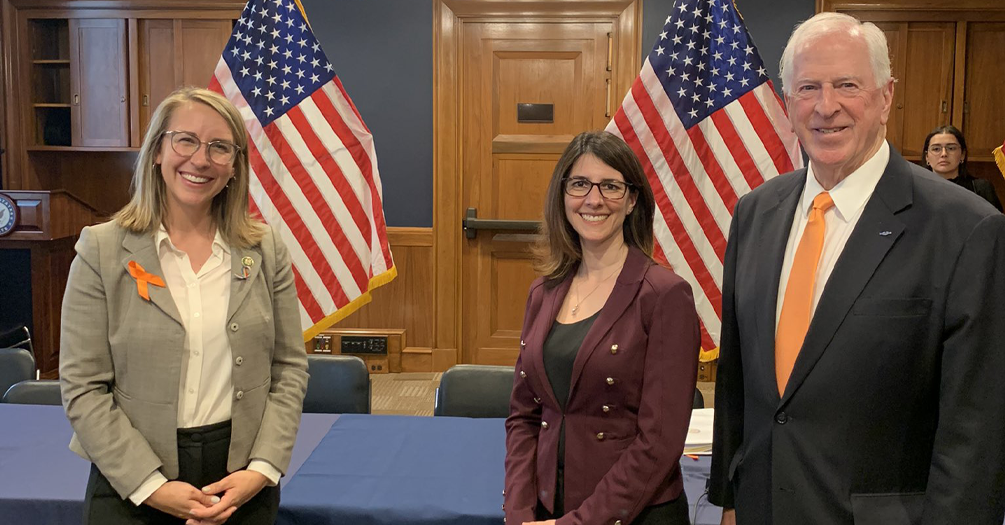
Michiganders discuss gun safety reform and firearm injury prevention; look ahead to issue in 2024
Justin Heinze featured on Gray DC
After a series of mass shootings throughout the year, some say there is more momentum now to pass gun safety reform laws and it could be a key issue for some candidates running in 2024.





